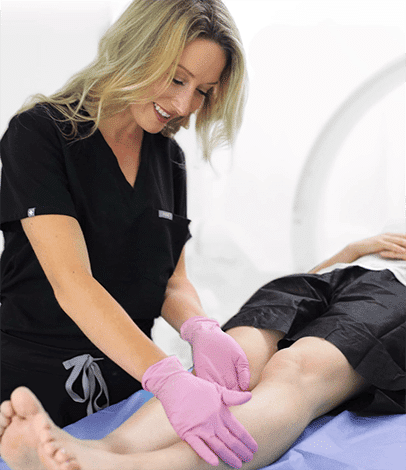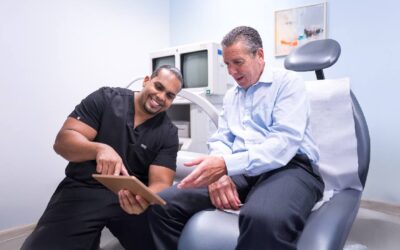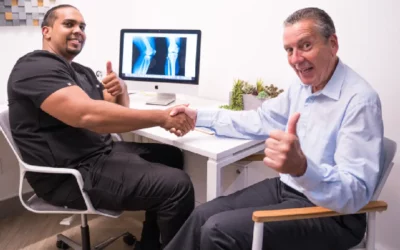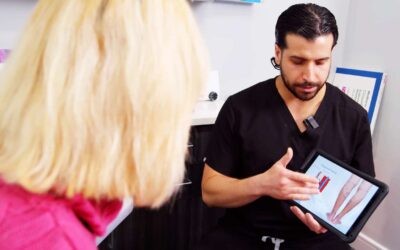How to Prevent Varicose Veins: Expert Tips from New Jersey Vein Treatment
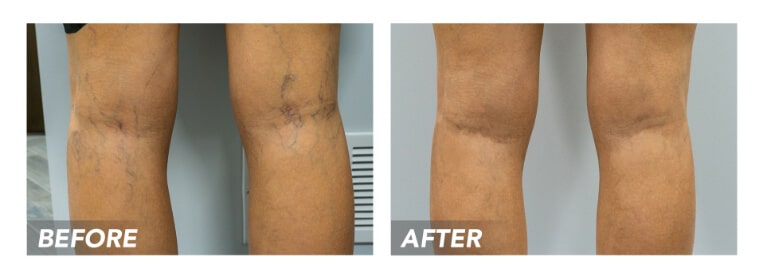
Varicose veins, those unsightly bulging veins that often appear on the legs, can be more than just a cosmetic concern. They can also cause discomfort, pain, and even more serious health issues if left untreated. At New Jersey Vein Treatment, our board-certified vein doctors specialize in minimally invasive treatments for varicose veins and spider veins. However, we also believe in the importance of prevention. In this guide, we’ll share effective strategies to prevent varicose veins and maintain healthy circulation in your legs.
What Are Varicose Veins?
Before diving into prevention strategies, let’s briefly understand what varicose veins are. Varicose veins are enlarged, twisted veins that typically occur in the legs and feet. They develop when the valves in the veins malfunction, causing blood to pool and the veins to become swollen and distorted. While genetics play a significant role in predisposing individuals to varicose veins, certain lifestyle factors can also contribute to their development, such as prolonged periods of sitting or standing.
While there are no guaranteed ways to prevent varicose veins, you can take proactive measures to reduce the risk of varicose veins. Most of the prevention tips for varicose veins focus on improving blood circulation in the legs and preventing the accumulation of blood in the leg veins. Varicose veins usually occur when blood flows backward and accumulates in the leg veins, so you can take active measures to ensure smooth blood flow to the heart to mitigate your risk of varicose veins and spider veins.
Maintain a Healthy Weight
Maintaining a healthy weight is crucial for preventing varicose veins. Excess weight puts added pressure on the veins in your legs, which can lead to valve dysfunction and the formation of varicose veins. To achieve and maintain a healthy weight, focus on eating a balanced diet rich in fruits, vegetables, whole grains, and lean proteins. Incorporate regular exercise into your routine to help burn calories and improve circulation throughout your body.
Stay Active
Regular physical activity is essential for promoting healthy circulation in your legs and reducing the risk of varicose veins. Engage in activities that get your heart pumping and your blood flowing, such as walking, cycling, swimming, and yoga. These exercises not only strengthen the muscles that support your veins but also encourage blood to return to your heart more efficiently. Aim for at least 30 minutes of moderate exercise most days of the week.
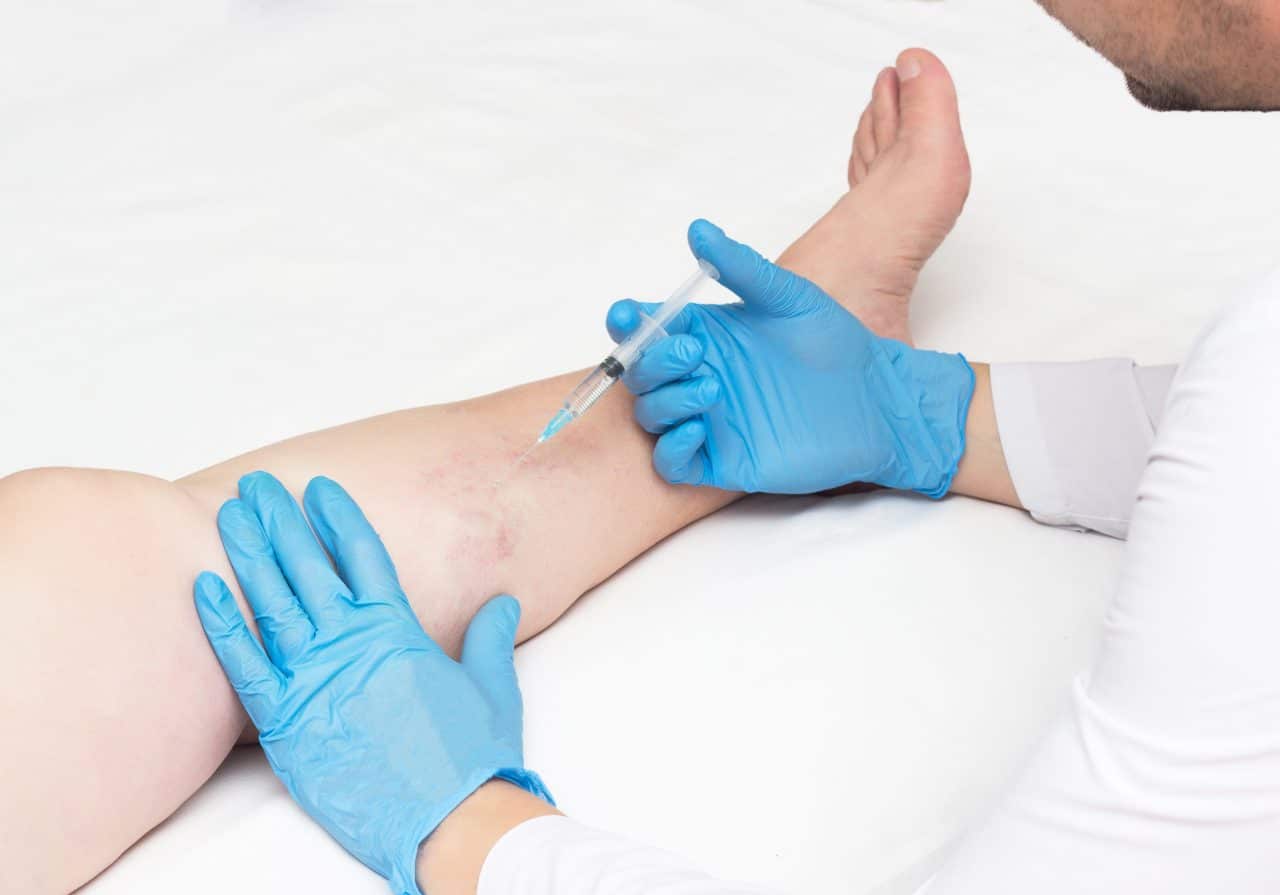
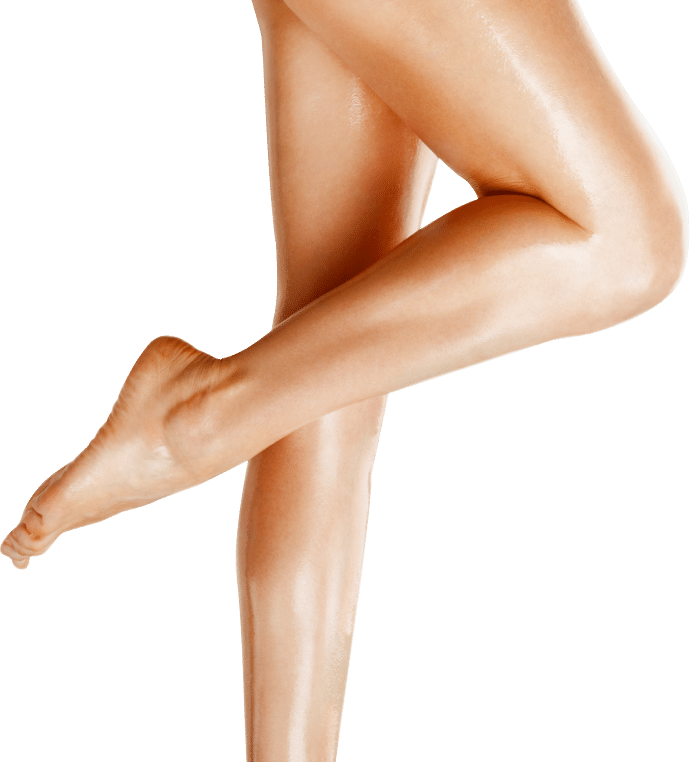
BOOK AN APPOINTMENT
Do you have any symptoms? Consult now with one of the Best Vein Specialist in New Jersey
Avoid Prolonged Standing or Sitting
Prolonged periods of standing or sitting can hinder blood flow in your legs and contribute to the development of varicose veins. If your job requires you to stand or sit for extended periods, take frequent breaks to stretch your legs and shift your position. When sitting, avoid crossing your legs, as this can restrict blood flow. Consider using a footstool or ergonomic chair to keep your feet elevated and promote better circulation.
Elevate Your Legs
Elevating your legs above heart level is an effective way to reduce swelling and alleviate pressure on your veins. Whenever possible, prop up your legs on a stool or ottoman while sitting, or lie down with your legs elevated on pillows. This position helps facilitate the return of blood to your heart and prevents it from pooling in your leg veins. Aim to elevate your legs for at least 15-20 minutes several times a day to promote optimal circulation.
Wear Compression Stockings
Compression stockings are specially designed to apply gentle pressure to your legs, which helps improve blood flow and prevent swelling. These stockings come in various lengths and compression levels, so it’s essential to consult with a vein specialist to determine the right type for you. Wear compression stockings regularly, especially if you have a job that requires prolonged standing or sitting or if you’re traveling for an extended period. They reduce the risk of varicose veins and alleviate symptoms in individuals who already have them.
Choose Comfortable Footwear
The type of footwear you choose can impact your risk of developing varicose veins. High heels and tight-fitting shoes can restrict blood flow in your legs and increase pressure on your veins, while supportive shoes with low heels and ample room for your toes promote better circulation. Opt for shoes that provide adequate arch support and cushioning to reduce strain on your feet and legs. Avoid wearing shoes with pointed toes or narrow toe boxes, as they can compress the veins in your feet and exacerbate circulation issues.
Eat a Balanced Diet
A healthy diet plays a crucial role in maintaining optimal vein health and preventing varicose veins. Foods rich in fiber, antioxidants, and essential nutrients support healthy blood circulation and reduce inflammation throughout your body. Include plenty of fruits, vegetables, whole grains, and lean proteins in your meals, and limit your intake of processed foods, sugary snacks, and fatty foods. Stay hydrated by drinking plenty of water throughout the day, as dehydration can worsen circulation issues and contribute to varicose veins.
Quit Smoking
Smoking is detrimental to your vascular health and can increase your risk of developing varicose veins. The chemicals in tobacco smoke damage your blood vessels and impair circulation, making it harder for blood to flow freely through your veins. If you smoke, quitting is one of the best things you can do to protect your veins and overall cardiovascular health. Seek support from healthcare professionals to help you quit smoking for good.
Maintain Proper Posture
Poor posture can put unnecessary strain on your veins and contribute to the development of varicose veins. When standing, distribute your weight evenly on both feet and avoid locking your knees. When sitting, keep your feet flat on the floor and your knees bent at a 90-degree angle. Sit up straight with your shoulders relaxed and your back supported by the chair. By maintaining proper posture, you can reduce pressure on your veins and promote better blood flow.
Incorporate Leg Exercises
In addition to regular aerobic exercise, incorporating specific leg exercises into your routine can help strengthen the muscles that support your veins and improve circulation in your legs. Try exercises such as calf raises, leg lifts, and ankle circles to target the muscles in your calves, thighs, and ankles. These exercises can help pump blood back toward your heart and reduce the risk of blood pooling in your leg veins. Aim to incorporate leg exercises into your workout routine several times a week for optimal vein health.
Stay Hydrated
Proper hydration is essential for maintaining healthy blood circulation and preventing varicose veins. Dehydration can cause blood to thicken and flow more slowly, increasing the risk of blood clots and venous insufficiency. Drink plenty of water throughout the day, especially during hot weather or when engaging in strenuous activities. Limit your intake of caffeinated and alcoholic beverages, as they can contribute to dehydration and exacerbate circulation issues.
Reduce Salt Intake
Excess salt in your diet can lead to water retention and swelling, which can worsen varicose veins and contribute to discomfort in your legs. Limit your intake of high-sodium foods such as processed snacks, canned soups, and fast food, and opt for fresh, whole foods whenever possible. Season your meals with herbs, spices, and citrus juices instead of salt to add flavor without increasing your sodium intake. By reducing your salt intake, you can help alleviate swelling and improve circulation in your legs.
Seek Early Treatment
If you already have varicose veins or are at risk of developing them, it’s essential to seek early treatment to prevent complications and alleviate symptoms. At New Jersey Vein Treatment, we offer a range of minimally invasive treatments for varicose veins and spider veins. From sclerotherapy and endovenous laser ablation to VenaSeal and ClariVein, we utilize the latest advancements in vein care to provide personalized treatment plans tailored to your needs. Schedule a consultation with one of our board-certified vein doctors to discuss your options.
Get Proactive About Your Vascular Health
Preventing varicose veins requires a proactive approach that combines healthy lifestyle habits, regular exercise, and proper vein care. By following the expert tips outlined in this guide and seeking early treatment when needed, you can maintain healthy circulation in your legs and reduce your risk of developing varicose veins. At New Jersey Vein Treatment, we’re dedicated to helping you achieve optimal vein health and providing the highest quality care for all your vein-related needs. Schedule a consultation today, and let’s work together to keep your legs looking and feeling their best.
NJ Vein Doctors
Meet our team of New Jersey Vein Treatment Specialists
Vein Treatments are covered by most major medical insurances, including Medicare. Call us today to verify your insurance for FREE >
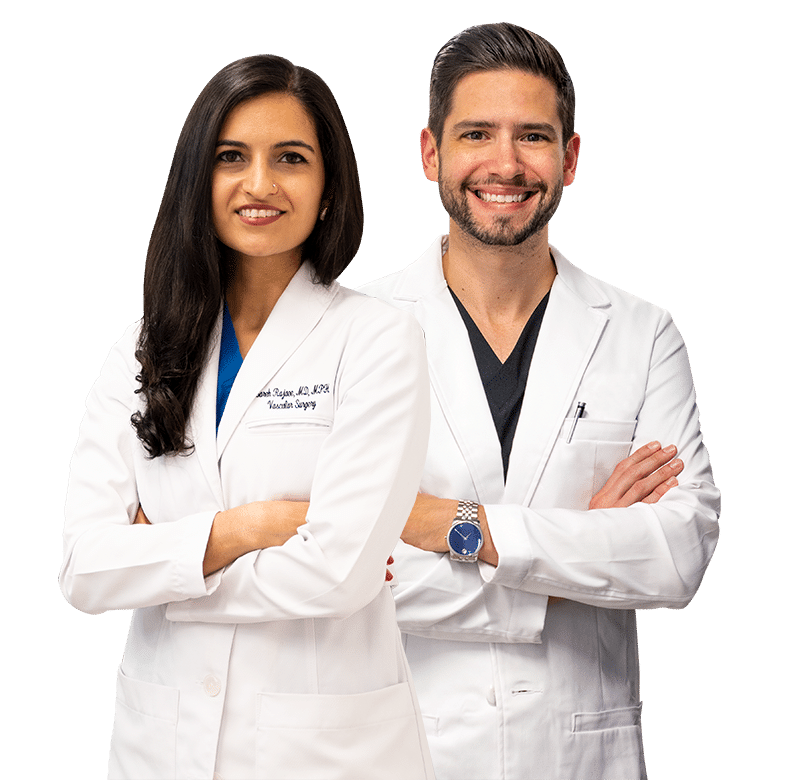
Meet our Team of Top Vein Specialists in New Jersey
Contact us
CALL US
Speak instantly with one of our team members; they will answer any questions you may have regarding insurance coverage, booking an appointment and our vein treatment locations. (973) 946-8082
BOOK APPOINTMENT
Visit our Book Appointment page and instantly request an appointment at the New Jersey vein center. We offer Free Insurance Verification before your appointment.
